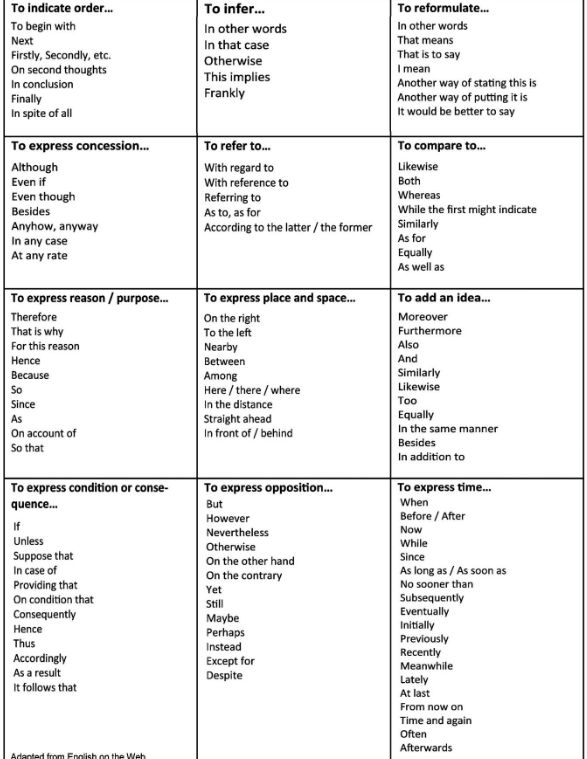Study Guide
Historical Context
The 1870s were dominated by strict Victorian social codes and laws that severely restricted the rights of all women, and married women in-particular. Governments throughout Europe used the Napoleonic Code, which prevented women from engaging in financial transactions. Many women who conducted their own business or earned their own wages chose not to marry because the laws regarding what married women could do when it came to finances were so limiting. By the beginning of the 20th century. Things were beginning to change as the female suffrage movement swept over Europe and the world and women were awarded rights such as the right to own property and the right to vote. However, for most people in the late 1870s, such eventualities were not yet even a distant dream.
Key Facts
- Full Title: A Doll’s House (Norwegian: Ett dukkehjem)
- When Written: 1879
- Where Written: Dresden, Germany
- When published: Published and first performed in December 1879
- Literary Period: Realism; modernism
- Genre: Realist modern prose drama
- Setting: A town or city in Norway
- Climax: When Torvald discovers the letter from Krogstad revealing Nora’s secret
- Antagonist: At first Krogstad, then Torvald
Extra Credit
A True Story: A Doll’s House is based on the life of Ibsen’s family friend Laura Kieler, whose actions inspired the story of Nora’s secret debt. In reality, however, Kieler did not forge a signature, and when her husband, Victor, discovered her secret, he divorced her and forced her to be committed to an insane asylum. Ibsen, appalled by Kieler’s committal, wrote A Doll’s House in part as a way of defending her. After two years in the asylum Kieler returned to live with her husband and children and became a famous author in Denmark.
Scandalous: When it was first performed and for many years afterwards, ‘A Doll’s House’ caused quite the scandal for its criticism of 19th-century marriage customs and portrayal of a woman abandoning her family in order to gain a sense of self. Pressured by several theaters and even the actress who was supposed to play Nora in a German production of the play. Ibsen wrote an alternative ending, in which Nora, upon-seeing her children, changes her mind and stays with Torvald. He later regretted doing this, calling the adapted ending “a barbaric outrage”.
Lexis
| Word | Definition |
|---|---|
| Heroine | |
| Embittered | |
| Sophisticated | |
| Infantilising | |
| Fundamental | |
| Conceived | |
| Unbearable | |
| Superior | |
| Despair | |
| Patronising | |
| Deceit | |
| Unscrupulous | |
| Rescinds | |
| Cynical | |
| Rejoices | |
| Overbearing | |
| Humanism | |
| Infallible | |
| Fraternal | |
| Superficial | |
| Foreshadows | |
| Fiery | |
| Disillusioned |
Connecting/link words for writing
